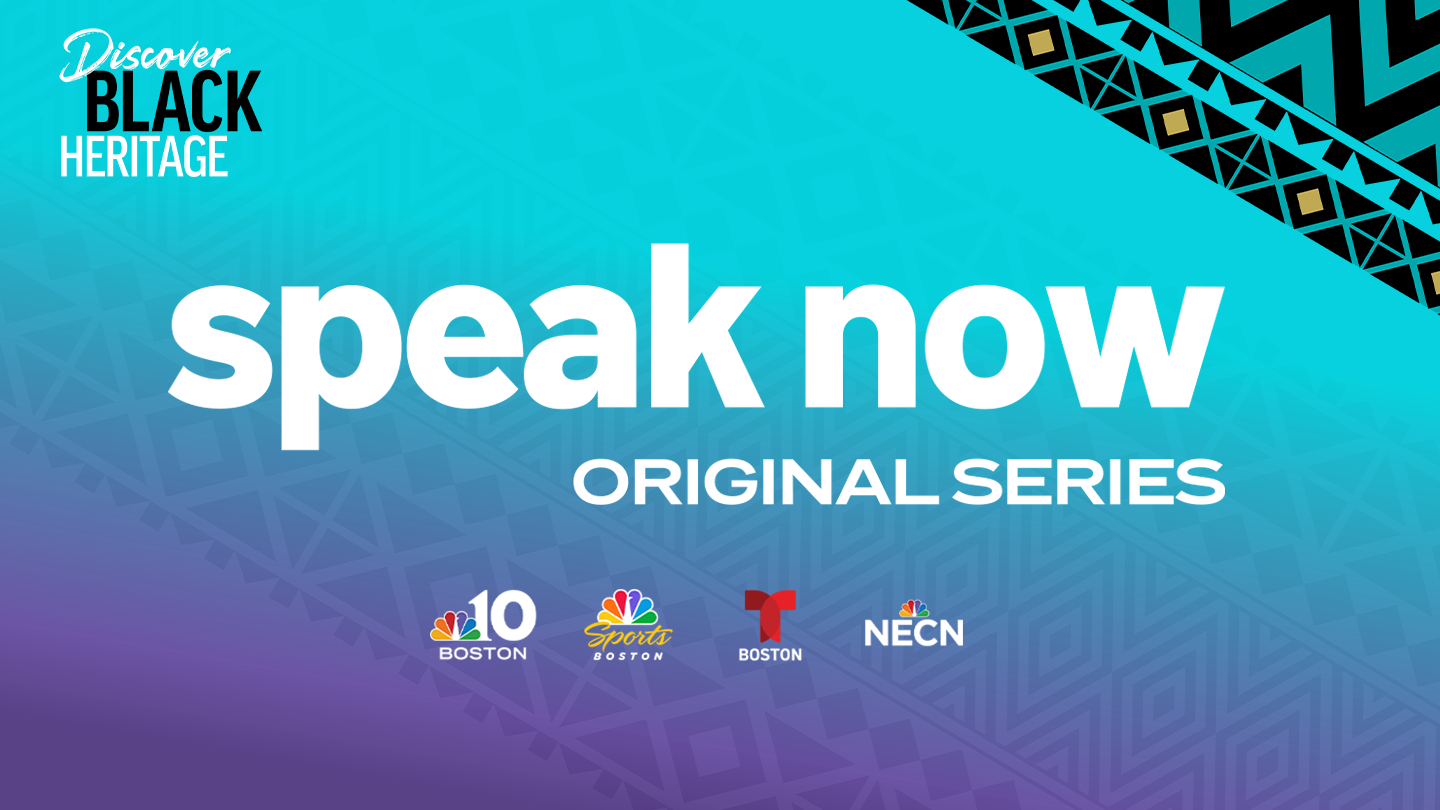When it comes to studying Massachusetts history, most of the focus is on the freedom trail and the revolutionary war. But slavery played a pivotal role in building the country and the commonwealth.
As part of Black Heritage Month, NBC 10 Boston’s Latoyia Edwards visited a former plantation turned museum, where this painful part of the past is being brought to life by an extraordinary woman.
The Royall House and Slave Quarters was home to the largest slaveholding family in Massachusetts. Much of the Medford neighborhood used to be a plantation… owned by Isaac Royall Junior. His land was the size of about 50 Boston Commons. Now two buildings remain. Inside, the Royalls enslaved at least 60 men, women and children, more than anyone in Massachusetts.
“When you walk into the museum, for me, I think this is the most important panel that we have because it lists all the names of the enslaved people, who we know about,” says Kyera Singleton, executive director of The Royall House and Slave Quarters. This Medford property is the only freestanding slave quarters that exists in the North. Singleton, who is working on her PhD, studies official records and archeological evidence, dug up on site to piece together stories of the past.
“There were at least five enslaved people who slept in this kitchen based on the inventory that was done,” says Singleton.
To get to the living quarters, the enslaved use a steep, worn narrow windy staircase. The Royalls enjoyed a wide and direct route.
An upstairs space was used for storage. Yet, enslaved people slept and worked there too: sewing and dressing members of the Royall family.
“Enslaved people are constantly being put into these spaces, that strip them of their own sense of privacy and dignity. At any time, the Royalls can come in. And so I want to show you just how close this bedroom is to the Royals main bedroom,” explained Singleton, as she walked just steps across a hall.
“We think about the proximity of these spaces, it allows us to think about the intimacy of slavery, the fact that enslaved people are literally steps away from the Royalls. What kind of violence does that open them up to?”
While Massachusetts was the first colony to abolish slavery, Singleton reminds us it was also the first to legalize it.
And what about the myth that the North had “good” slavery compared to the South?
“Slavery does not look the way that we have been taught that slavery looks in the South,” explains Singleton. We're so used to seeing enslaved people picking cotton or picking tobacco. Those are not the crops here.” But slaves worked in many other places. “They're in taverns, they're in distilleries, they're in homes. They're in, potteries,” said Singleton, and “all different types of businesses in the North. There is not an institution in Massachusetts that slavery did not touch. And I think it's important that we talk about it.”
Singleton said she learns a lot from the Black Bostonians who come in here and share their own family stories, which she often goes on to research.
“ How can I make this a site in which people can come and reckon not only with the past, but also with today? How can we connect it to the issues that Black and brown communities are facing today, whether that's mass incarceration, whether that's gentrification, whether that's public health disparities.”
"It's a hard history. As Black people in this country, we have been taught to be ashamed of this history. But it's not just Black history. This is American history. This is a shared history. And I think it's important that when we talk about that, then we can acknowledge the truth of it all."



